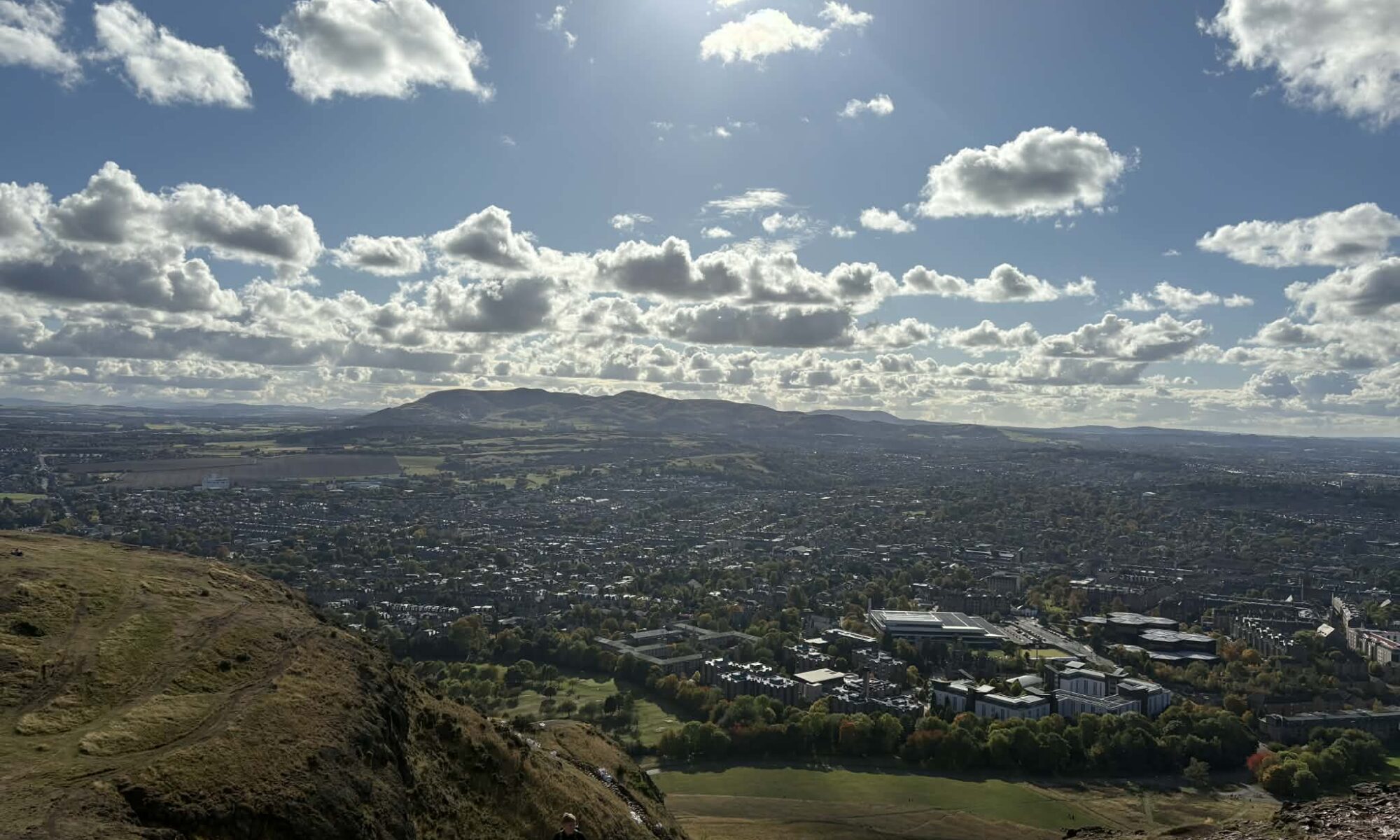New city, new country, new chapter of my life – everything felt scary. But what led me forward was my dream of studying physics and expanding my horizons at one of the world’s top universities. So here I am.
Continue reading “Finding My Place: Life and Physics in Edinburgh”



